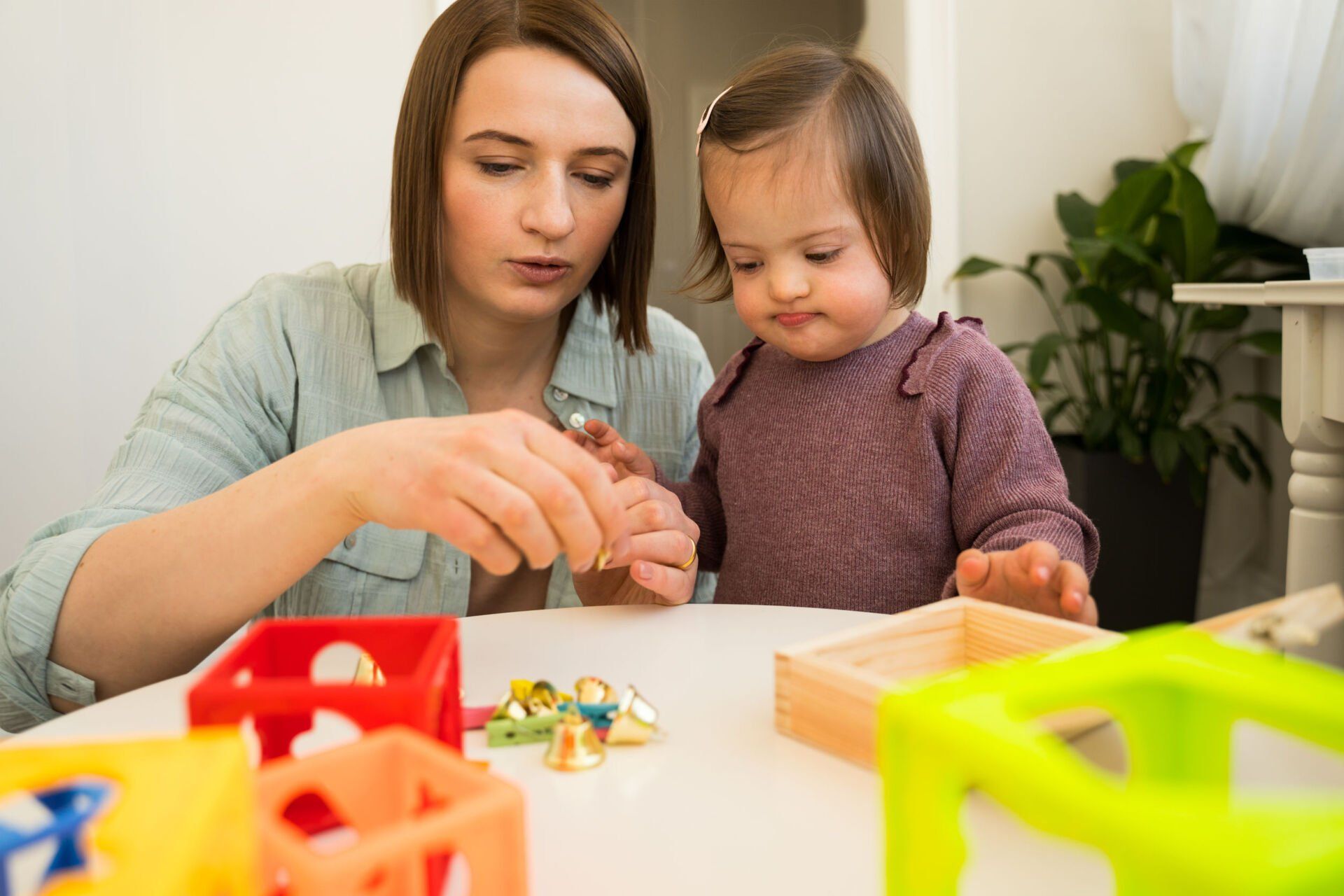Children Growth: Special Needs Education in Malaysia

It's fair to say that no one likes to be excluded from a group. Think back to your own experiences from childhood or adolescence - were you once not invited to a party or left out by a group of friends?
Well, children feel the same! To be excluded from a social group can bring up feelings of isolation, confusion, loneliness and sadness.
That's why children with special needs often feel left out from the standard schooling system. This is due to their learning problems or disabilities that can make it much more difficult for them to learn as compared to children their age.
This includes problems with schoolwork, communication or behaviour. In this article, we'll explore more about special needs education in Malaysia, its important as well as the various benefits it can offer to children with special needs.
What Is Special Needs Education in Malaysia?
Special needs education refers to a range of specialized education methods that can be provided in different ways and in different settings.
In fact, there’s no “one size fits all” approach to special education. It’s tailored to meet the needs of students with their different needs or learning disabilities.
While special needs education focuses on helping kids with disabilities learn, it doesn’t mean placing these children in a special classroom all day long.
In fact, most special needs education puts emphasis on special needs children to learn in the same classrooms as other children as much as possible. This practice is known as the least restrictive environment (LRE).
Additionally, the services and support for one child may be different from those of another. Special needs education is all about the individual child and giving them the resources they need to make progress in school.
What Are The Benefits Of Special Needs Education in Malaysia?
1. Tailor-made teaching for all learners
All children learn differently. This is a principle of inclusive special needs education in Malaysia. In this environment, teachers weave in specially designed instruction and support that can help children of special needs make progress together with their peers.
These strategies are helpful for all students as teachers often put positive behavioural interventions and supports (PBIS) in place.
Another key teaching strategy is to break students into smaller groups that include children with special needs. When teachers use small groups, they can tailor their teaching to be inclusive of the learning requirements of children with special needs without departing from the learning progress of other children.
2. Special needs education methods make differences less different
Inclusive special needs classrooms are filled with diverse learners, each of whom has strengths and challenges.
This form of inclusion in special needs education in Malaysia can give children a way to talk about how everyone learns in their own way. With that, a child with special needs may find that they have more in common with other kids than they thought!
This can go a long way in helping kids know that differences is just a normal part of life. It can also help kids build and maintain friendships as well as embracing differences as part of life.
Digital Classrooms During Covid-19
Despite special needs education being the best when based in a physical classroom, Covid-19 has changed the way every education centre conducts their lessons! Today, online learning, or even a hybrid physical & online learning model has become the default option, and many providers have done so.
While they’re not exactly ideal as hands-on and differentiated learning is limited when conducting lessons virtually, there are different methods out there that can help overcome some challenges such as struggling with accepting and adjusting to changes, muffled audio, tardiness as well as missing equipments.
Some of the steps we take include:
- Actively encouraging and tracking positive behaviours
Bolstering positive actions and behaviour and allowing children to be accountable for their conduct is a great way to foster learning.
- Being clear and concise on the agenda of the day
By being clear on the daily activities before starting class for the day (this includes breaks and transitions), our learners can be mentally prepared to be comfortable and learn as it decreases anxiety, confusion and improves metacognition.
- Make full use of nonverbal communication
One of the downsides of online learning can be turned into an opportunity. By incorporating a systematic way of using gestures and hand signals, children can increase their focus and convey their understanding of instructions, even as they might not be confident of speaking!
- Give them plenty of personal time
Every special-needs child needs time and personal pace to be calm when it comes to learning. Hence, we give our students ample time at the start and the end of classes to reflect, share, ask or even mingle among one another virtually. This can build their confidence and encourage interaction & communication!
Choose Well Rehab As Your Trusted Special Needs Education Provider In Malaysia
Ensuring a child's education and learning isn't impaired by their special needs is part of our mission at Well Rehab.
As a leading provider of special needs education in Malaysia, we are the preferred, qualified and certified psychologists in Penang that are trusted nationwide.
For more information about our special needs education classes, therapies or services in Malaysia, you may contact us at +60 12 512 8487 or email
wellrehabmanagement@gmail.com.




